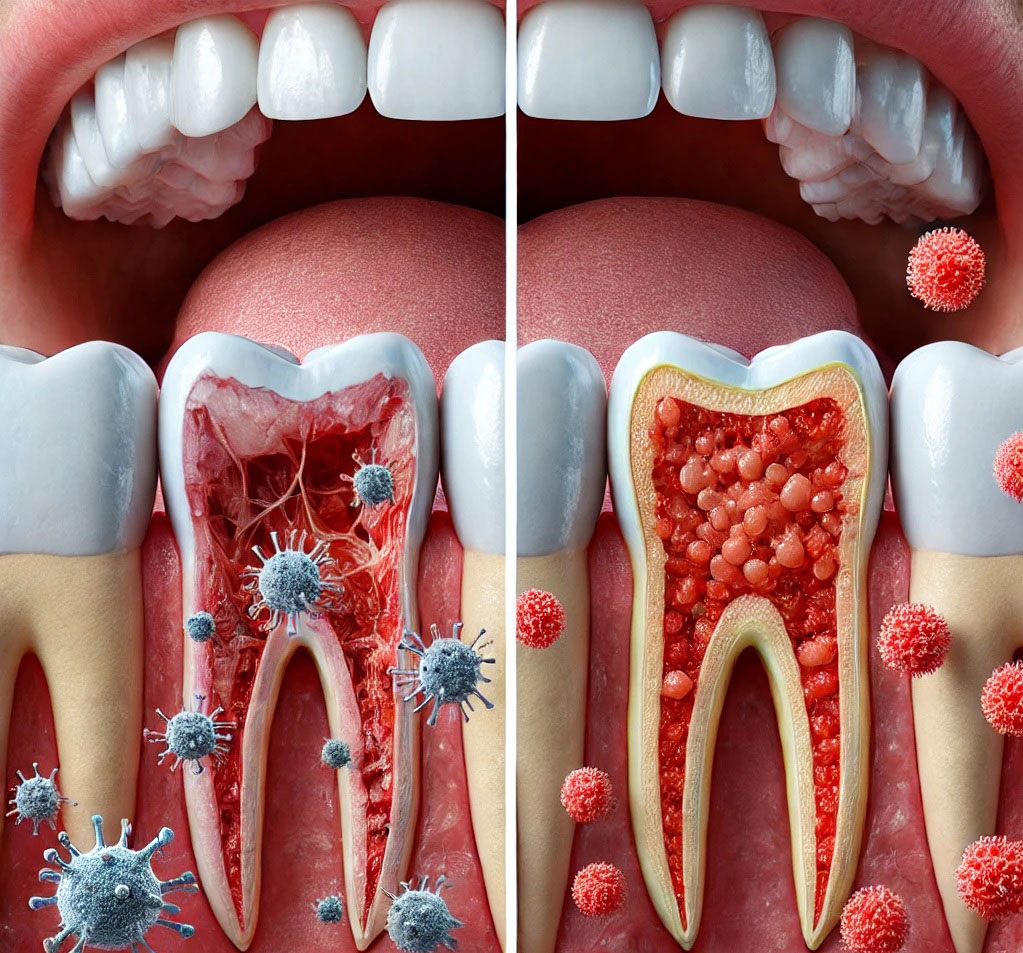
A study by the University of Pittsburgh demonstrates the potential of using immunotherapy to treat periodontal disease (PD), a common gum condition. Researchers found that delivering microparticles containing the immune-modulating compound CCL2 directly to the gums of mice prevented bone loss and sped up bone repair. Unlike traditional treatments targeting bacteria, this method focuses on controlling the immune system to alter bacterial composition and inflammation.
The study shows that treating PD with CCL2 helps reduce inflammation by shifting macrophages from their inflammatory M1 state to an anti-inflammatory M2 state. This treatment not only prevents the disease but also promotes bone regeneration and alters the oral microbiome.
For patients with aggressive forms of PD who do not respond to regular dental cleanings, this approach could provide a new therapeutic option. CCL2 therapy may be used in conjunction with traditional treatments to improve outcomes in these cases.
The research provides fresh insights into the relationship between the immune system and bacteria in the mouth, making PD an important model for other immune-driven diseases. Clinical trials may follow to explore its broader applications.
